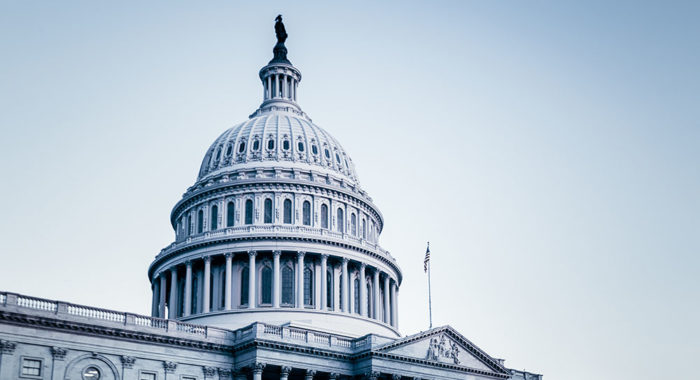The U.S. Senate plans to vote on a bill today that would effectively reverse the Supreme Court’s Hobby Lobby ruling regarding contraceptive requirements in the Affordable Care Act. NAE Vice President Heather Gonzales participated in a press conference today on the topic, and her statement is below.
Statement on Senate Bill 2578
Most evangelicals support the responsible use of contraception that does not lead to abortion. So when our government sets a goal of increasing public access to contraception, we are not in principle opposed. We do not object to including contraception other than abortifacients in employee health insurance policies, provided that employers with religious objections are fully exempted.
There are many ways that access to contraception could be expanded, for example through increasing Title X programs or establishing tax credits for those whose health insurance does not cover contraception. We do not here take a position on the advisability of specific strategies.
The National Association of Evangelicals today wishes to draw a bright line around a concept of fundamental importance: that government may not force its citizens to violate their conscience and religious beliefs, except in pursuit of a compelling government interest, and then only by the least restrictive means possible.
This is the core idea of the Religious Freedom Restoration Act (RFRA), which the Senate approved in 1993 by a vote of 97-3, the House of Representatives approved unanimously, and President Clinton signed proudly. RFRA has never been amended, and for good reason. It encapsulates a bedrock American principle.
Religious liberty is our first freedom, embedded in the Constitution and strengthened over more than two centuries of legislation, judicial decisions and national experience. If the United States is truly an exceptional nation, it is so in large part because we have continued to uphold our founders’ insistence that our freedoms are inalienable, endowed by our Creator. Government does not create our freedom; government merely recognizes and protects it.
This week the United States Congress will debate a proposal that would actually roll back religious freedom. The bill that Majority Leader Reid promises to bring to the Senate floor would remove from law conscience protections that Americans have enjoyed for decades.
This is wrong, and it is also unwise.
Senate Bill 2578 would have the United States Government push aside the sincere religious beliefs of some of its citizens. Such action is likely to inflame and multiply political division along religious lines. Few moves could be more damaging for a pluralist polity that seeks to live together in civic unity despite our deepest differences.
The balance of civic unity and civil liberty calls for mutual respect for differing values and practices, which is undermined when the government forces some to accept and live by another’s preferred values. Yes, there needs to be empathy for women’s access to contraceptive choices. But separation of church and state says that government, as society’s agent with vast resources at its disposal, has to be creative and find another path to women’s health. There has to be a path forward that does not run over the deepest values formed by either side.



 View All Updates
View All Updates 























